Home / home / India Assures Support as Yemen Confirms Death Sentence for Kerala Nurse Nimisha Priya
India Assures Support as Yemen Confirms Death Sentence for Kerala Nurse Nimisha Priya
By: My India Times
3 minutes read 3833Updated At: 2024-12-31

In a deeply distressing development, Yemeni President Rashad al-Alimi has upheld the death sentence for Nimisha Priya, a 36-year-old nurse from Kerala, India, convicted for the 2017 murder of Yemeni national Talal Abdo Mahdi. Reports indicate that her execution is scheduled to take place within a month, triggering an urgent plea from her family and supporters to save her life.
A Tragic Turn of Events
Nimisha Priya’s case dates back to 2017 when she was accused of murdering Mahdi. The court proceedings, which began in Yemen, resulted in her conviction in 2018, and she was subsequently sentenced to death. Priya claimed self-defense, stating that the killing was unintentional and occurred in the midst of a dire situation. Despite her appeals, Yemen’s Supreme Court upheld the verdict in 2023. With President al-Alimi now rejecting her final appeal, her family faces a race against time to prevent her execution.
India’s Efforts to Save Priya
The Indian government has expressed its commitment to supporting Priya and her family during this critical time. The Ministry of External Affairs (MEA) acknowledged the gravity of the situation and confirmed its involvement in the matter. MEA Spokesperson Randhir Jaiswal stated, “We are aware of the sentencing of Nimisha Priya in Yemen. Her family is exploring legal and diplomatic options, and the government is extending all possible assistance to help in this matter.”
India’s diplomatic mission in Yemen has been actively coordinating efforts to provide legal aid and negotiate with the victim’s family, as Yemeni law permits the commutation of death sentences through forgiveness by the victim’s family, often accompanied by the payment of "blood money."
A Mother’s Relentless Struggle
For Priya’s 57-year-old mother, Prema Kumari, the past six years have been a relentless battle. She traveled to Yemen earlier this year to plead for her daughter’s life and remains in the capital, Sana’a, working tirelessly to secure a pardon. Negotiations with the victim’s family are essential to saving Priya, but the process has been fraught with challenges.
One significant roadblock emerged in September when Abdullah Ameer, the lawyer representing Priya, demanded a pre-negotiation fee of $20,000 (approximately ₹16.6 lakh). This demand has stalled talks, despite the Indian Embassy contributing $19,871 for legal expenses in July. Ameer has insisted on a total fee of $40,000, payable in two instalments, before resuming discussions with the victim’s family.
The Case and Its Complexities
Priya’s case highlights the complexities of navigating foreign legal systems, especially for Indian nationals caught in life-threatening situations abroad. Yemeni law places a strong emphasis on the role of tribal customs and familial forgiveness in cases of homicide. Without the victim’s family agreeing to pardon Priya, her fate remains sealed.
In her defense, Priya has maintained that the incident was an act of self-defense. Her supporters argue that the circumstances surrounding the case were not adequately considered during the trial. The family’s efforts have included not only legal appeals but also emotional and financial appeals to secure forgiveness from Mahdi’s family.
A Desperate Plea for Intervention
Priya’s family and supporters are now urging swift intervention from the Indian government, humanitarian organizations, and the public to help facilitate the required negotiations. Financial assistance is particularly critical to meet the lawyer’s demands and pay the blood money, which could secure Priya’s release.
Prema Kumari has appealed for public support, stating, “We are fighting against time. We need help to bring my daughter back home. Every contribution, every effort matters.”
A Call to Action
This case has not only drawn attention to the plight of Nimisha Priya but also underscores the broader challenges faced by Indian citizens abroad when entangled in legal battles under foreign jurisdictions. The urgency of the situation demands immediate action, both diplomatically and financially, to save a life.
With the clock ticking, the coming weeks are crucial. For Priya’s family, it is a race against time, hope, and formidable challenges to bring her home safely.
....
In a deeply distressing development, Yemeni President Rashad al-Alimi has upheld the death sentence for Nimisha Priya, a 36-year-old nurse from Kerala, India, convicted for the 2017 murder of Yemeni national Talal Abdo Mahdi. Reports indicate that her execution is scheduled to take place within a month, triggering an urgent plea from her family and supporters to save her life.
A Tragic Turn of Events
Nimisha Priya’s case dates back to 2017 when she was accused of murdering Mahdi. The court proceedings, which began in Yemen, resulted in her conviction in 2018, and she was subsequently sentenced to death. Priya claimed self-defense, stating that the killing was unintentional and occurred in the midst of a dire situation. Despite her appeals, Yemen’s Supreme Court upheld the verdict in 2023. With President al-Alimi now rejecting her final appeal, her family faces a race against time to prevent her execution.
India’s Efforts to Save Priya
The Indian government has expressed its commitment to supporting Priya and her family during this critical time. The Ministry of External Affairs (MEA) acknowledged the gravity of the situation and confirmed its involvement in the matter. MEA Spokesperson Randhir Jaiswal stated, “We are aware of the sentencing of Nimisha Priya in Yemen. Her family is exploring legal and diplomatic options, and the government is extending all possible assistance to help in this matter.”
India’s diplomatic mission in Yemen has been actively coordinating efforts to provide legal aid and negotiate with the victim’s family, as Yemeni law permits the commutation of death sentences through forgiveness by the victim’s family, often accompanied by the payment of "blood money."
A Mother’s Relentless Struggle
For Priya’s 57-year-old mother, Prema Kumari, the past six years have been a relentless battle. She traveled to Yemen earlier this year to plead for her daughter’s life and remains in the capital, Sana’a, working tirelessly to secure a pardon. Negotiations with the victim’s family are essential to saving Priya, but the process has been fraught with challenges.
One significant roadblock emerged in September when Abdullah Ameer, the lawyer representing Priya, demanded a pre-negotiation fee of $20,000 (approximately ₹16.6 lakh). This demand has stalled talks, despite the Indian Embassy contributing $19,871 for legal expenses in July. Ameer has insisted on a total fee of $40,000, payable in two instalments, before resuming discussions with the victim’s family.
The Case and Its Complexities
Priya’s case highlights the complexities of navigating foreign legal systems, especially for Indian nationals caught in life-threatening situations abroad. Yemeni law places a strong emphasis on the role of tribal customs and familial forgiveness in cases of homicide. Without the victim’s family agreeing to pardon Priya, her fate remains sealed.
In her defense, Priya has maintained that the incident was an act of self-defense. Her supporters argue that the circumstances surrounding the case were not adequately considered during the trial. The family’s efforts have included not only legal appeals but also emotional and financial appeals to secure forgiveness from Mahdi’s family.
A Desperate Plea for Intervention
Priya’s family and supporters are now urging swift intervention from the Indian government, humanitarian organizations, and the public to help facilitate the required negotiations. Financial assistance is particularly critical to meet the lawyer’s demands and pay the blood money, which could secure Priya’s release.
Prema Kumari has appealed for public support, stating, “We are fighting against time. We need help to bring my daughter back home. Every contribution, every effort matters.”
A Call to Action
This case has not only drawn attention to the plight of Nimisha Priya but also underscores the broader challenges faced by Indian citizens abroad when entangled in legal battles under foreign jurisdictions. The urgency of the situation demands immediate action, both diplomatically and financially, to save a life.
With the clock ticking, the coming weeks are crucial. For Priya’s family, it is a race against time, hope, and formidable challenges to bring her home safely.
By: My India Times
Updated At: 2024-12-31
Tags: home News | My India Times News | Trending News | Travel News
Join our WhatsApp Channel

Similiar News
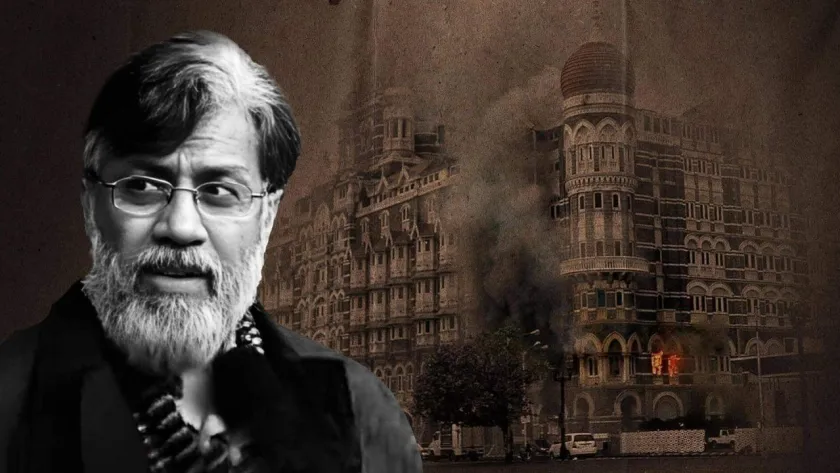
US Supreme Court Rejects 26/11 Accused Tahawwur Rana’s Plea to Block Extradition to India
2025-03-08
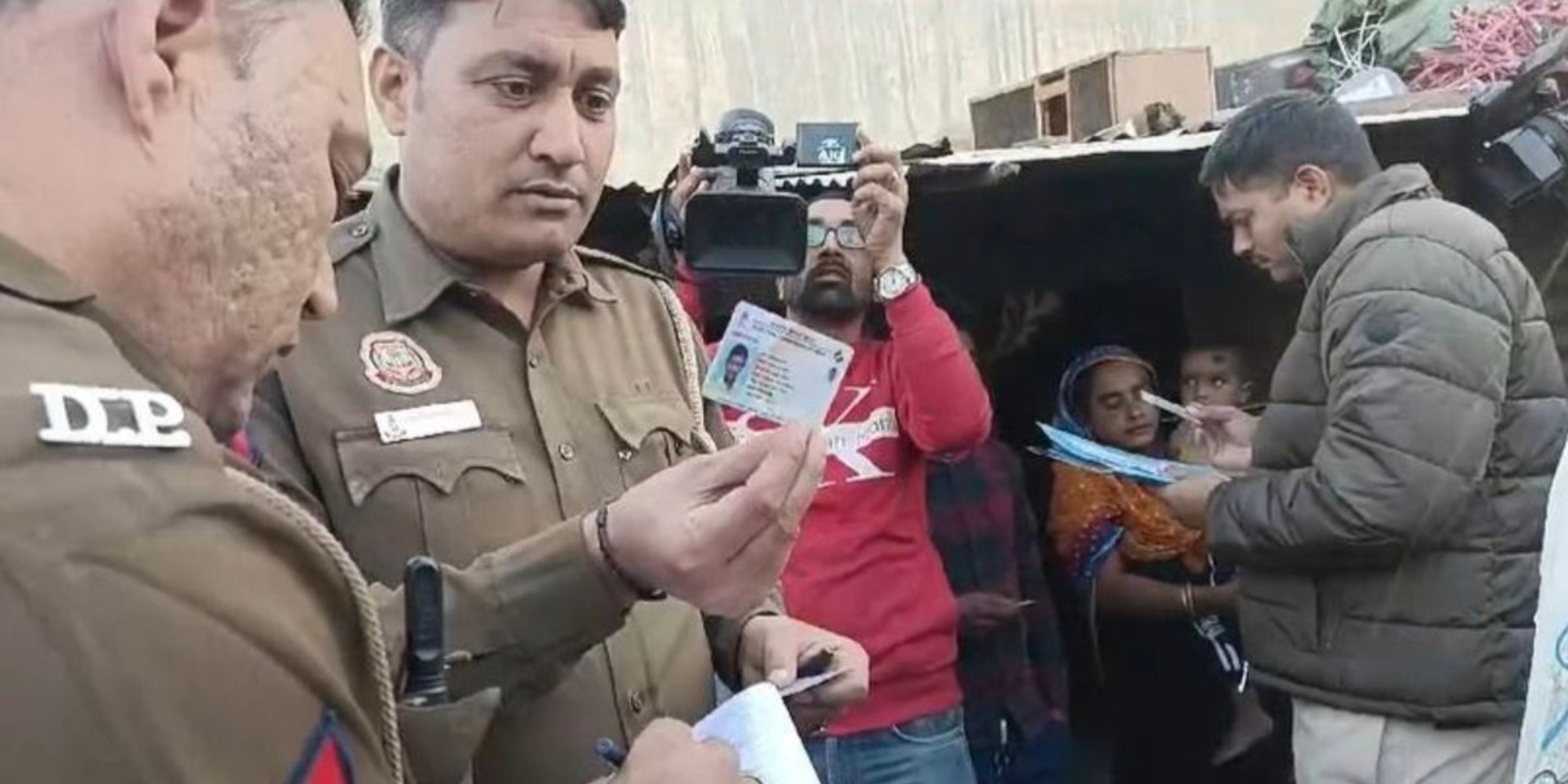


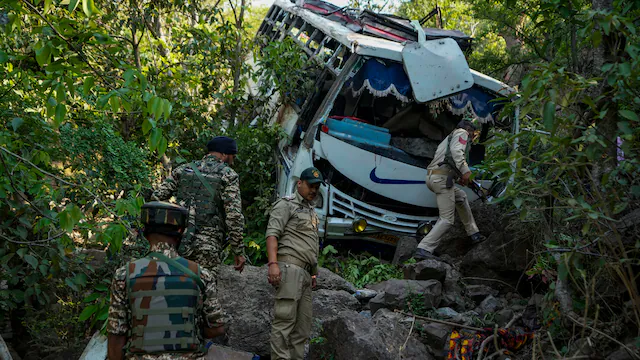
















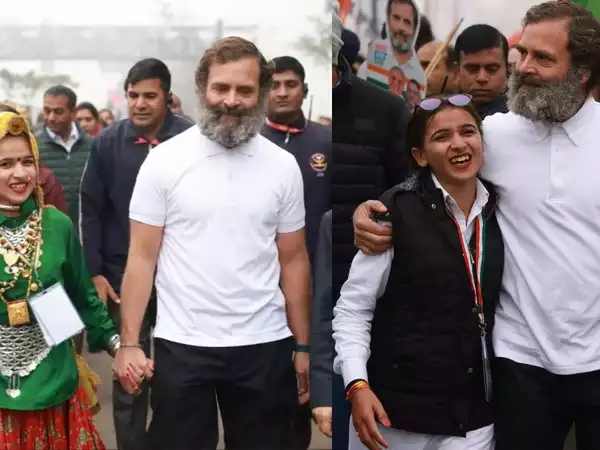


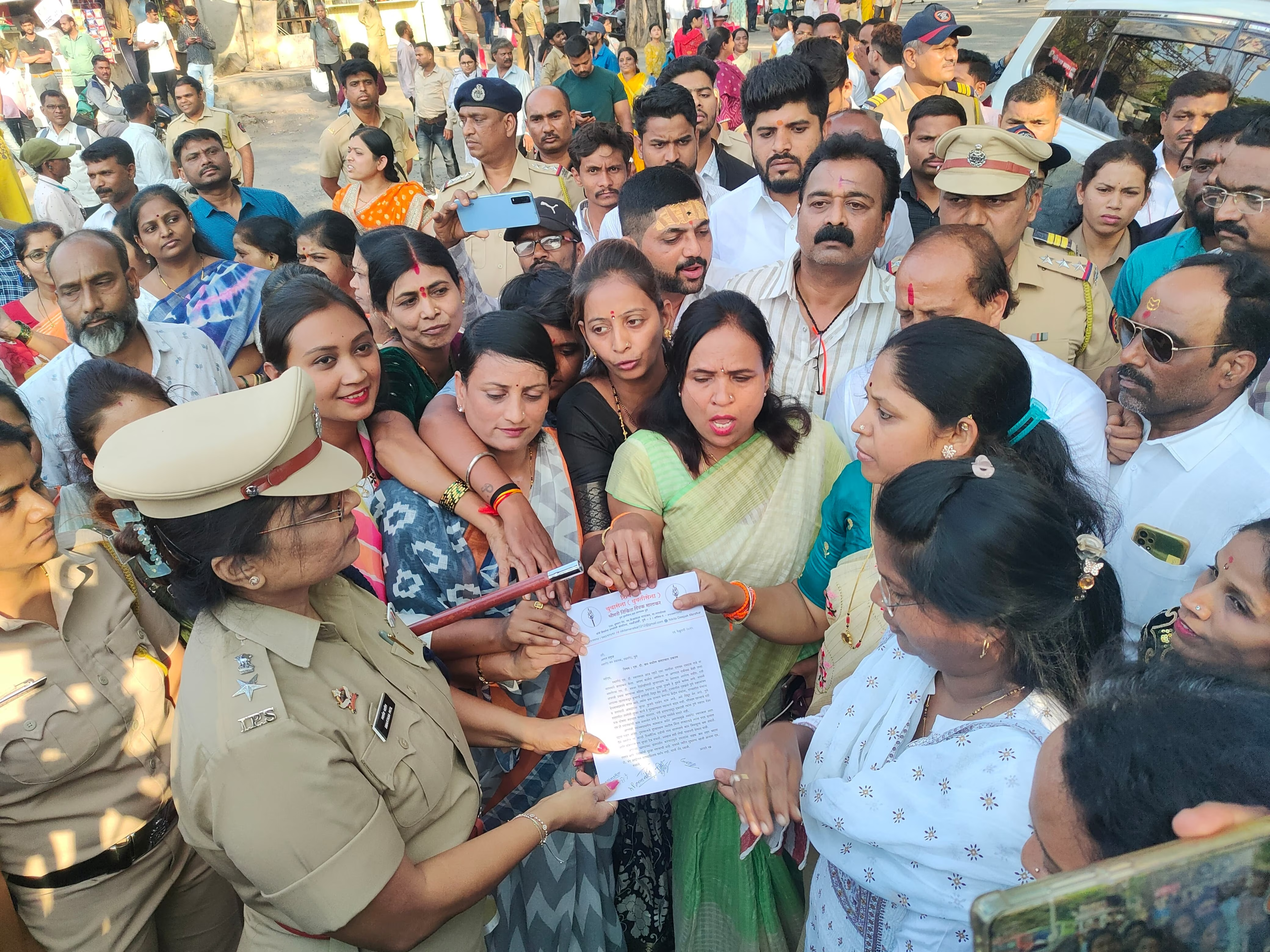

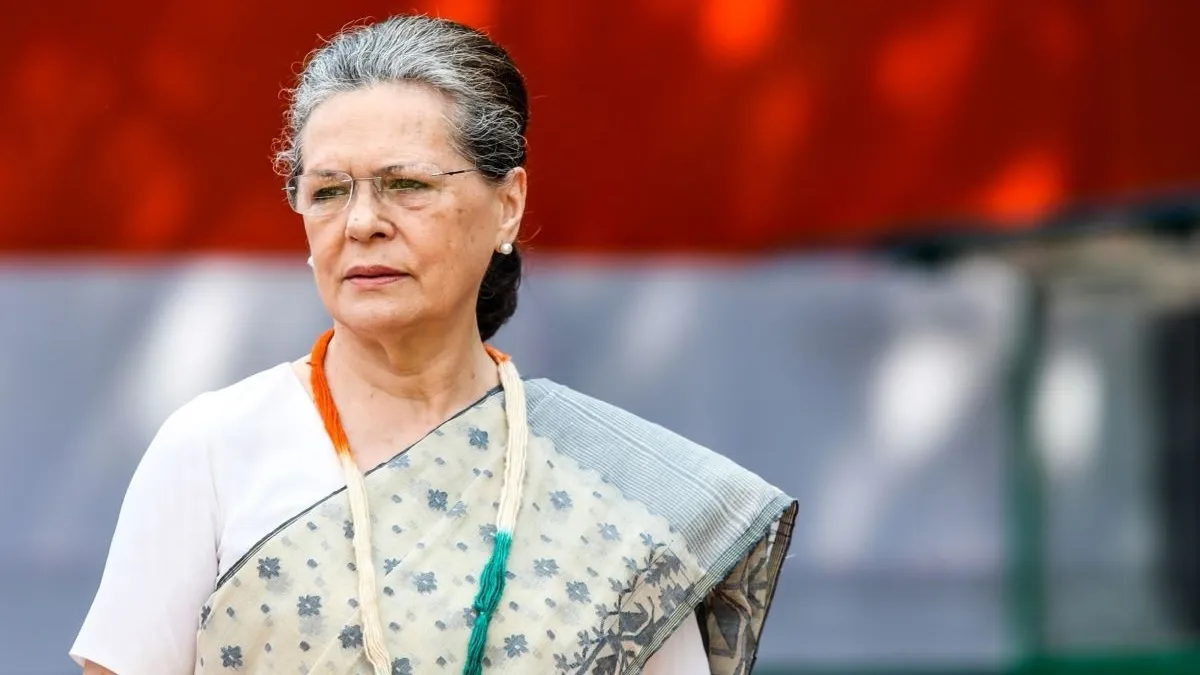
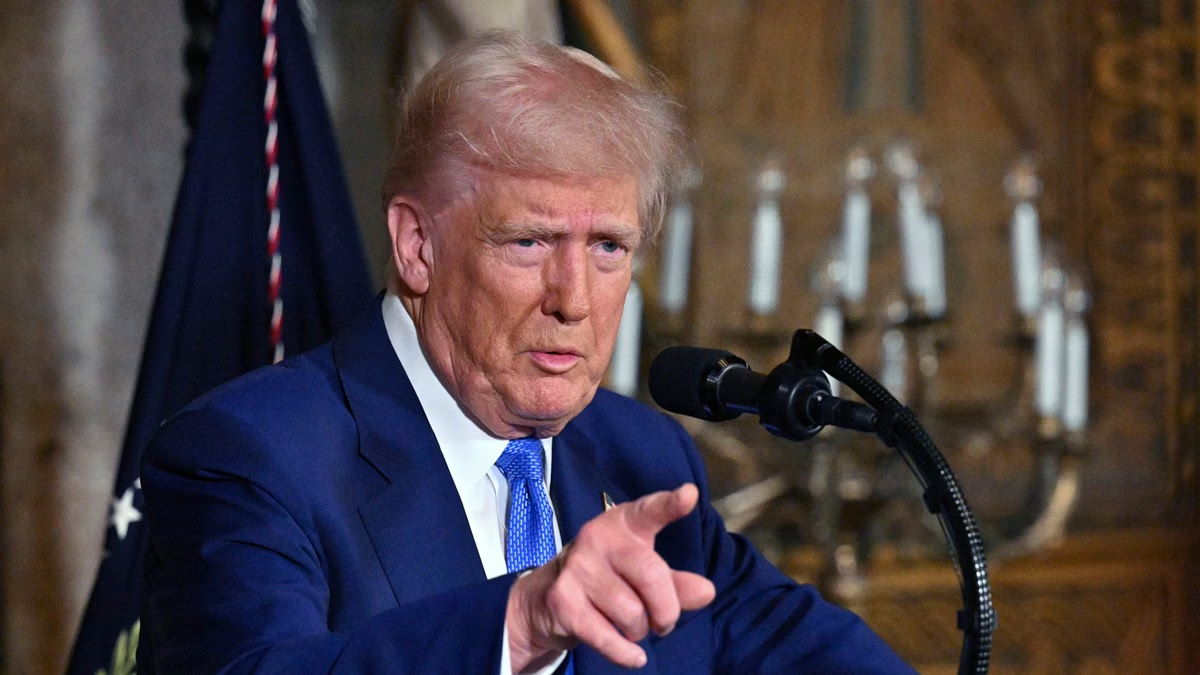
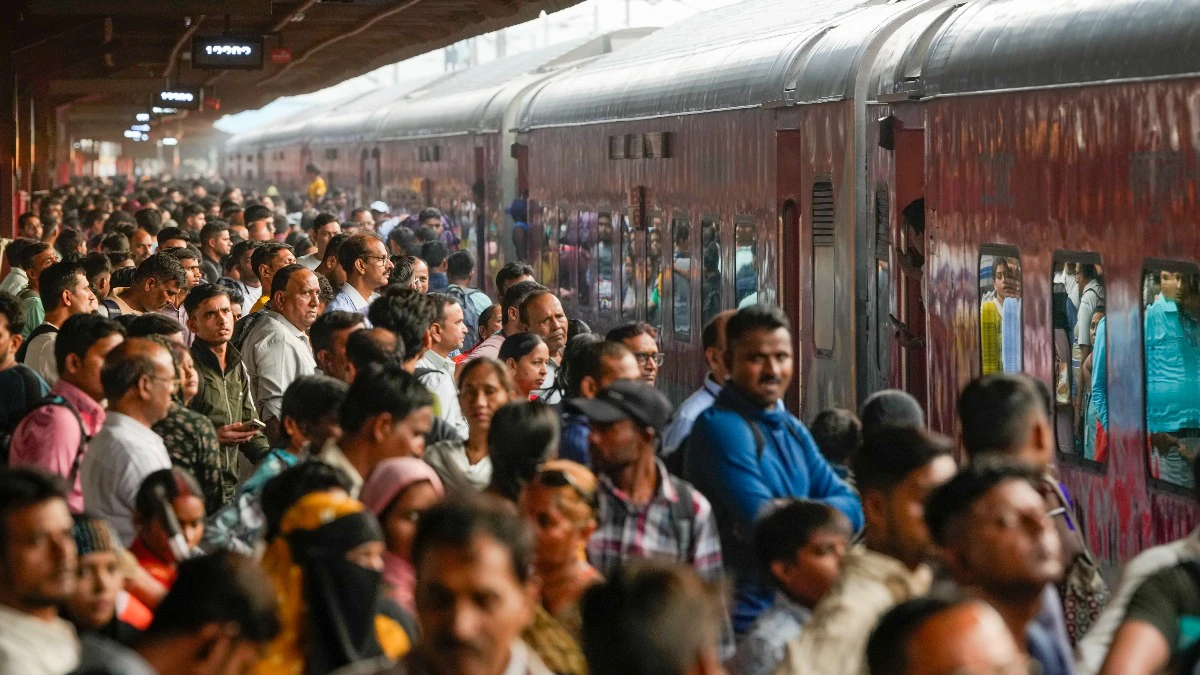
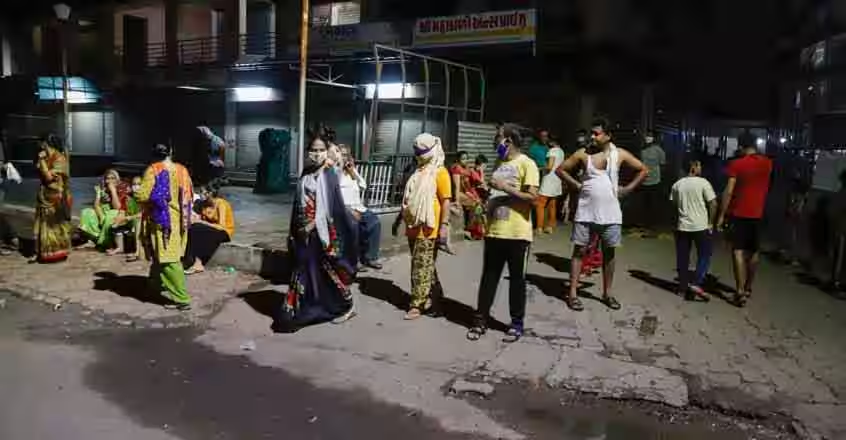











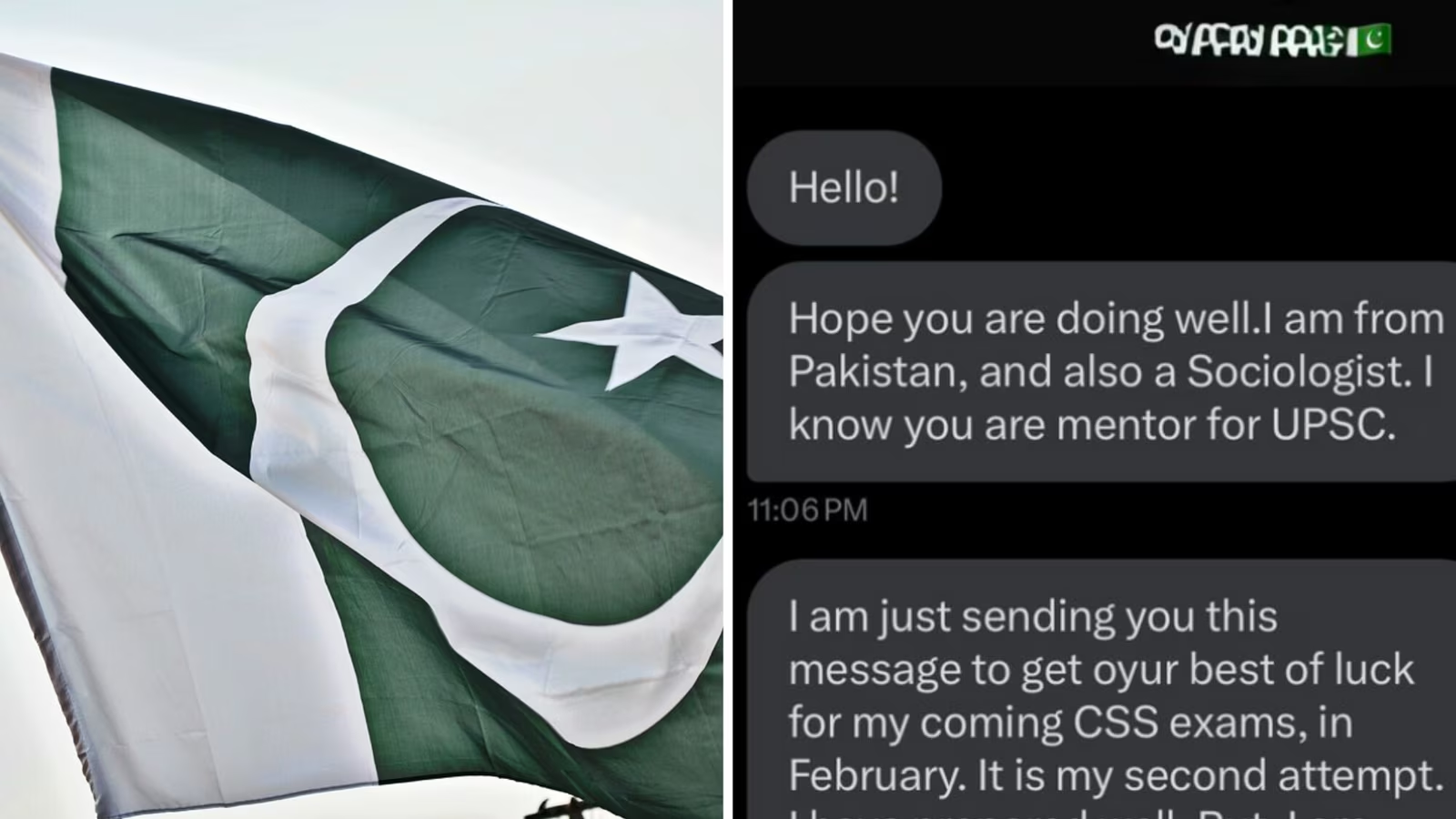
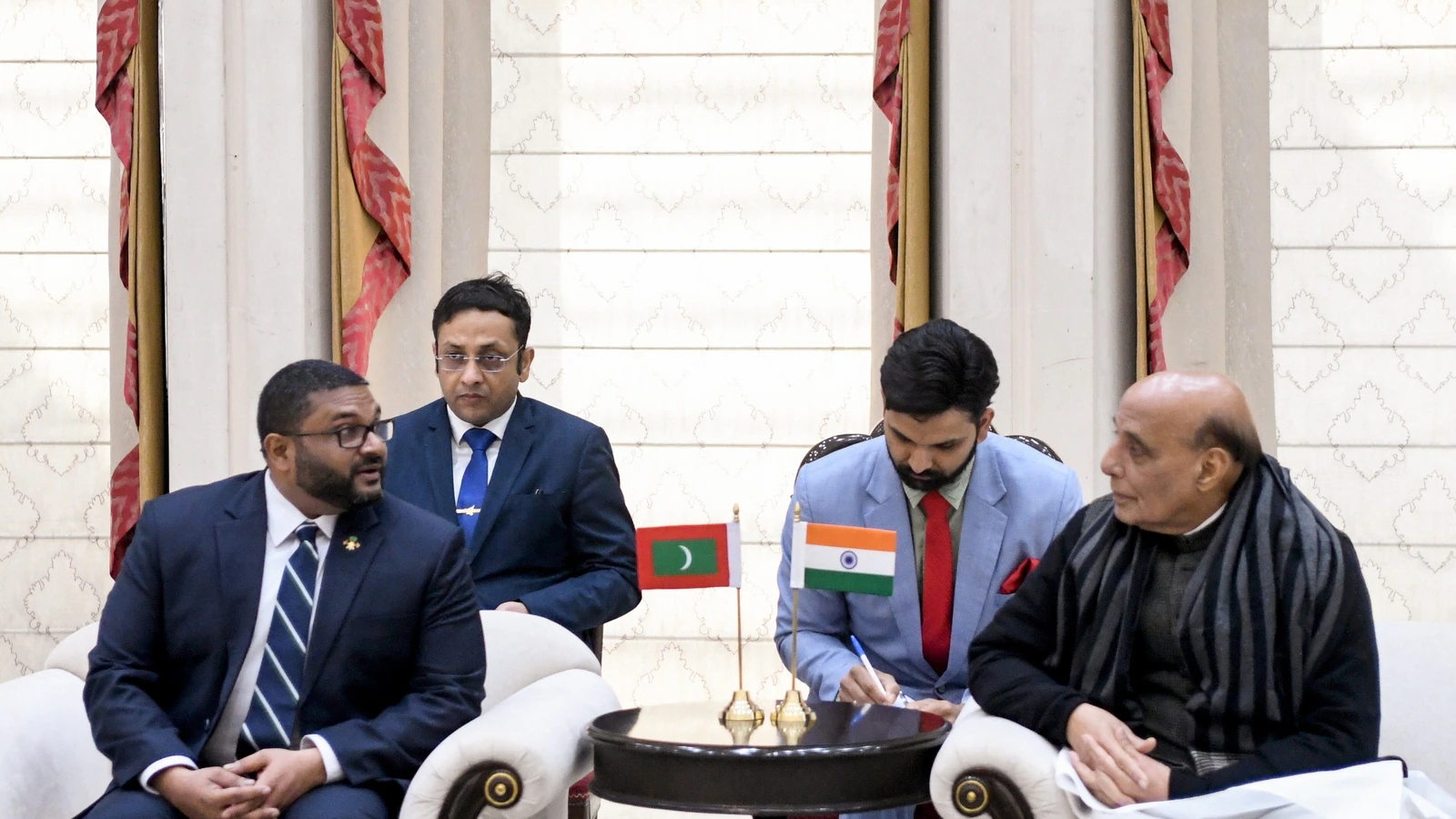

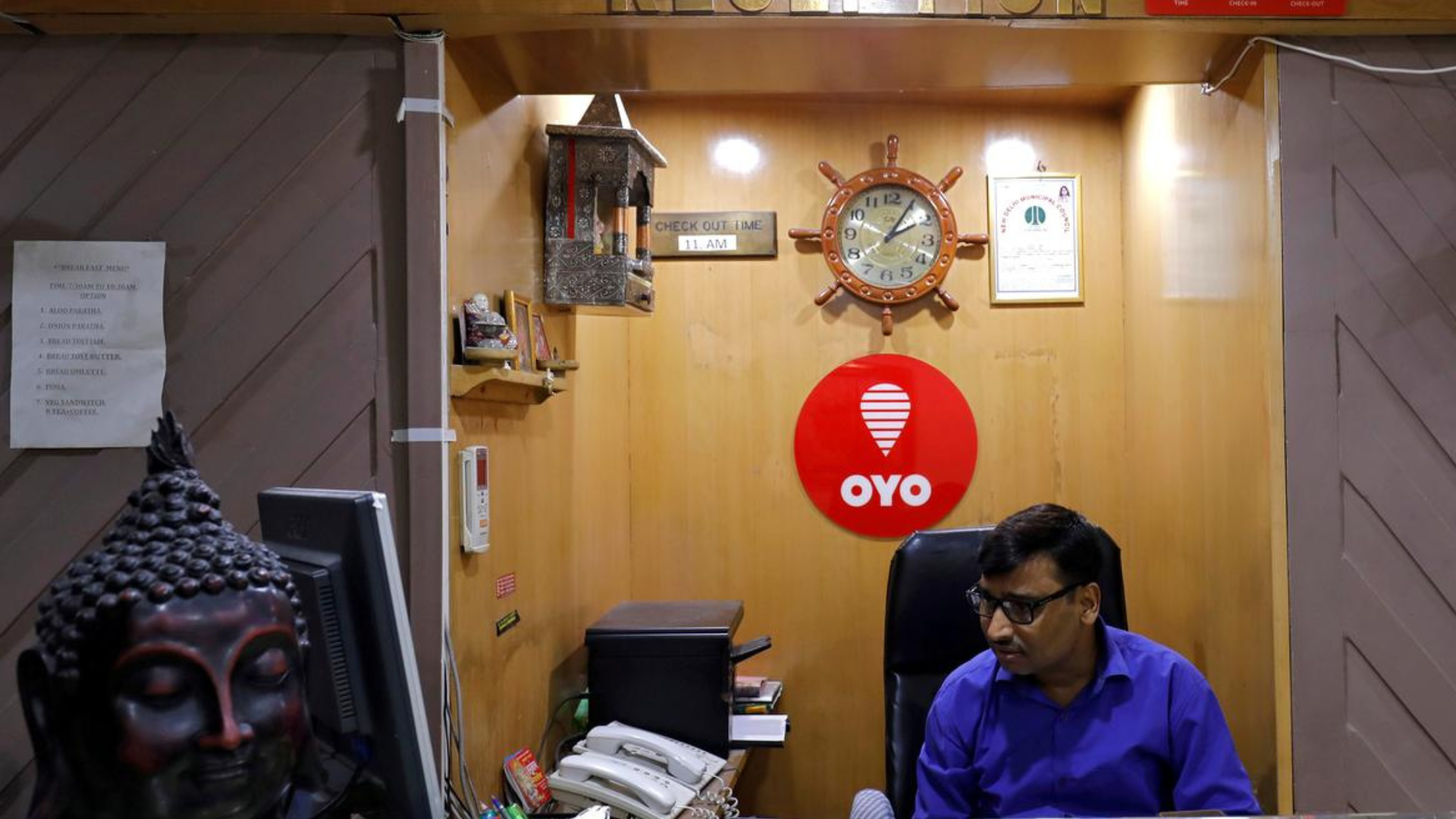
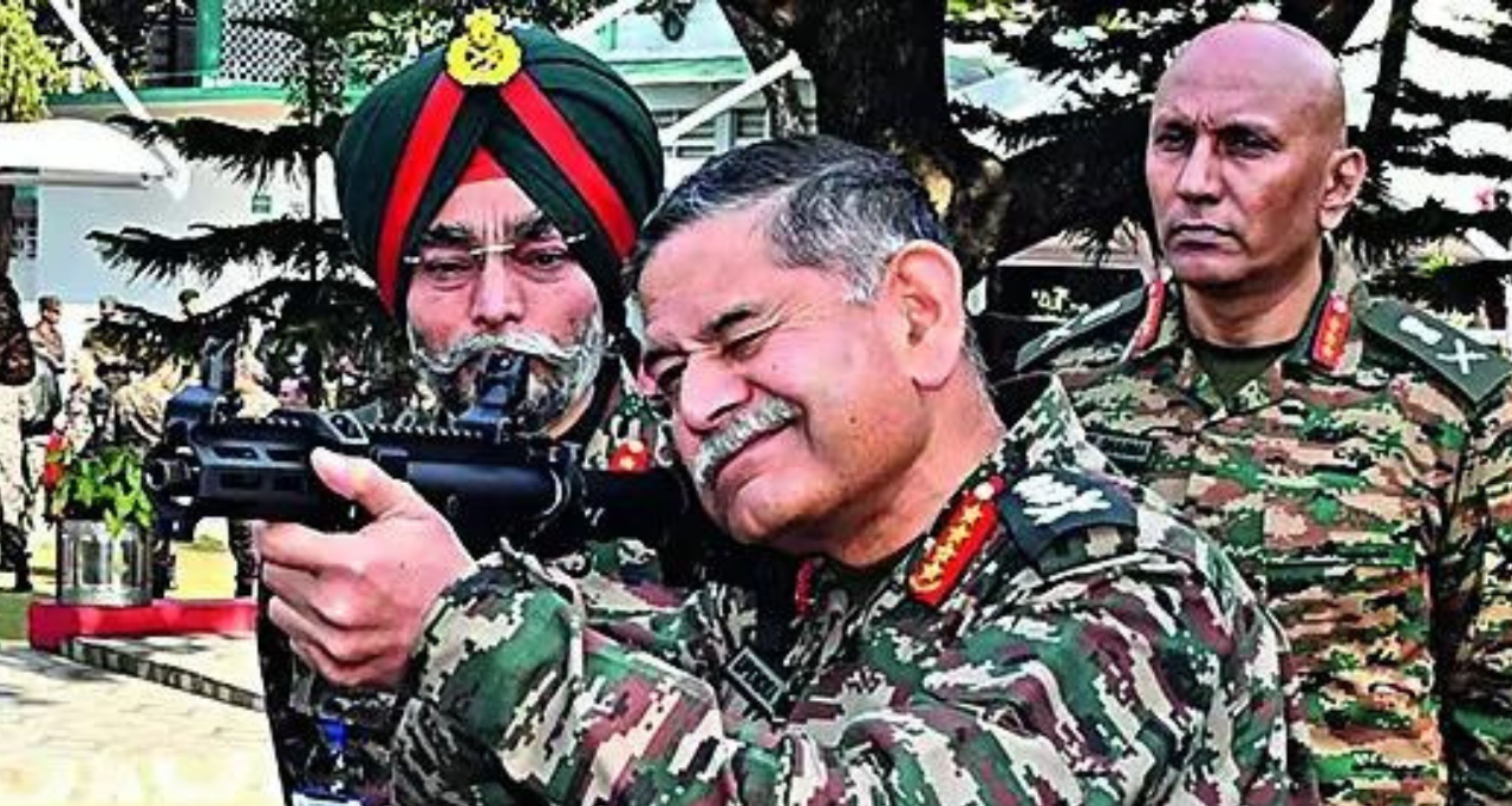
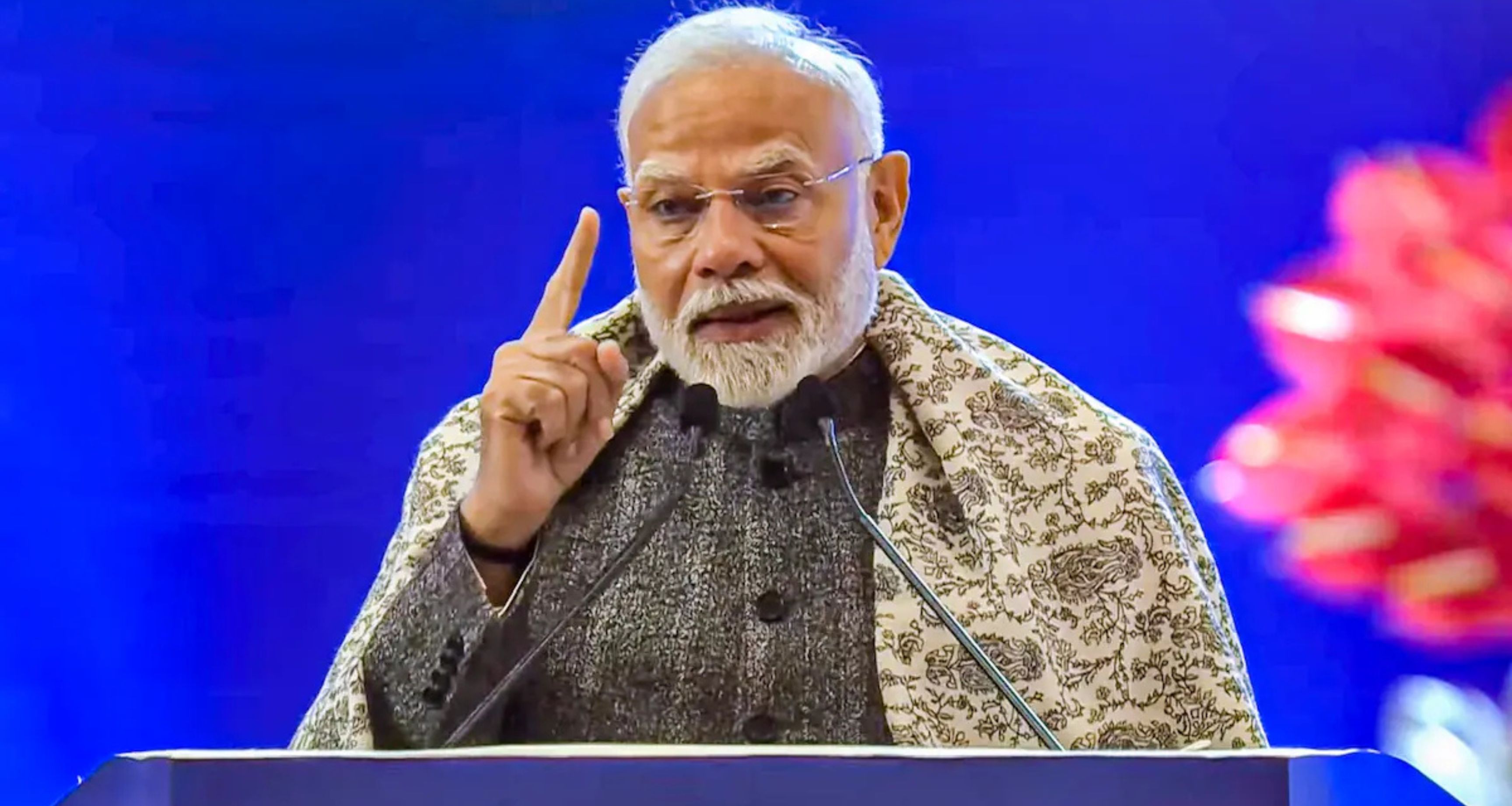
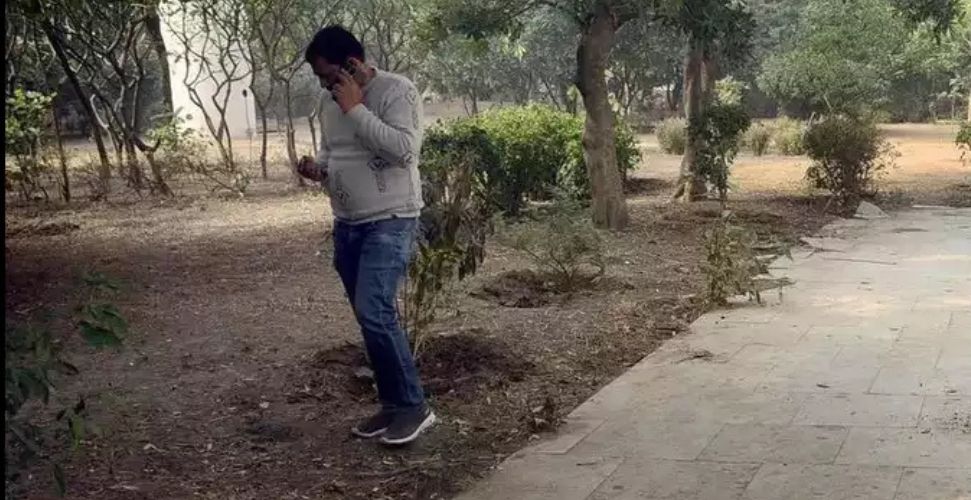

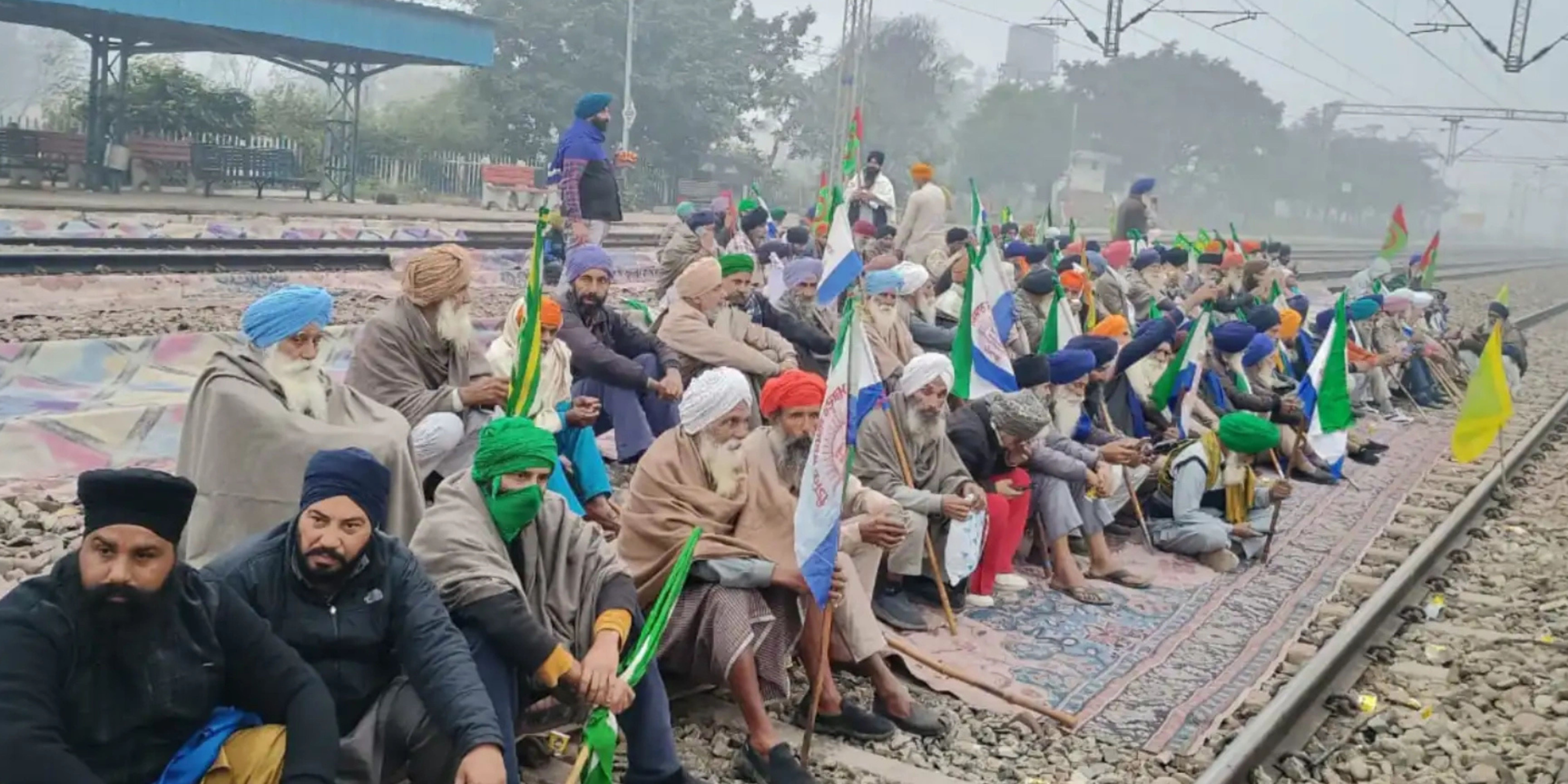
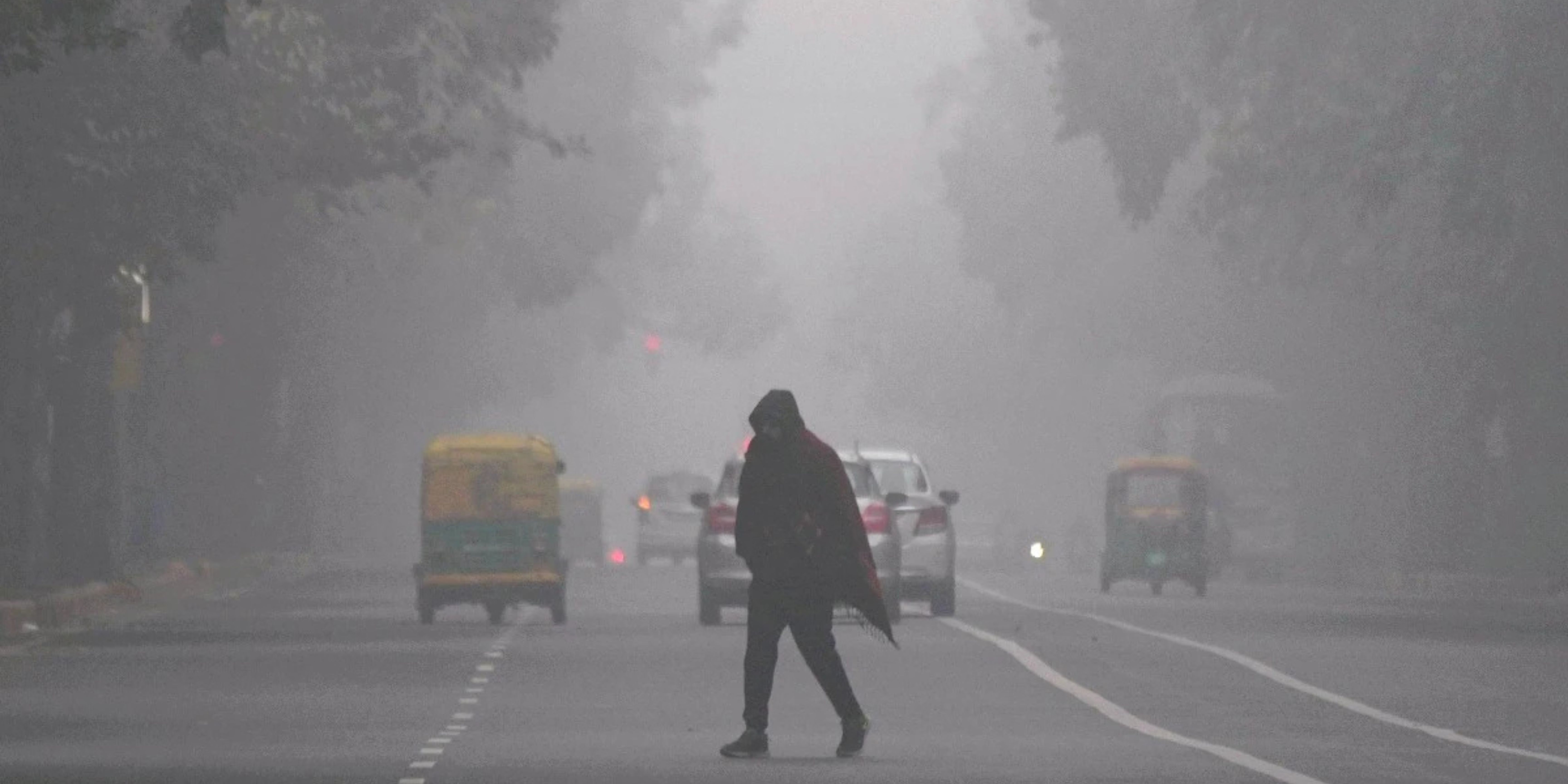


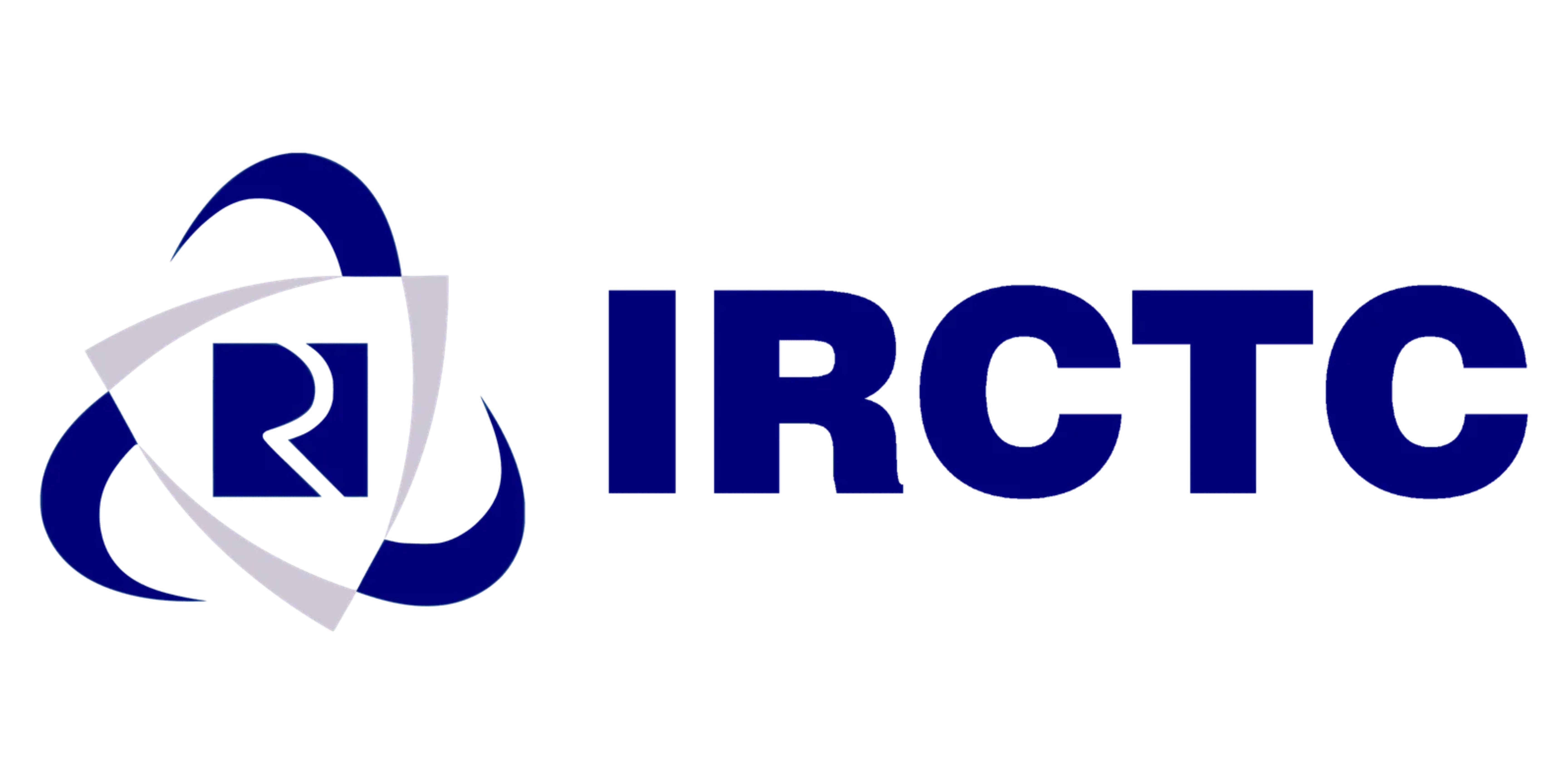
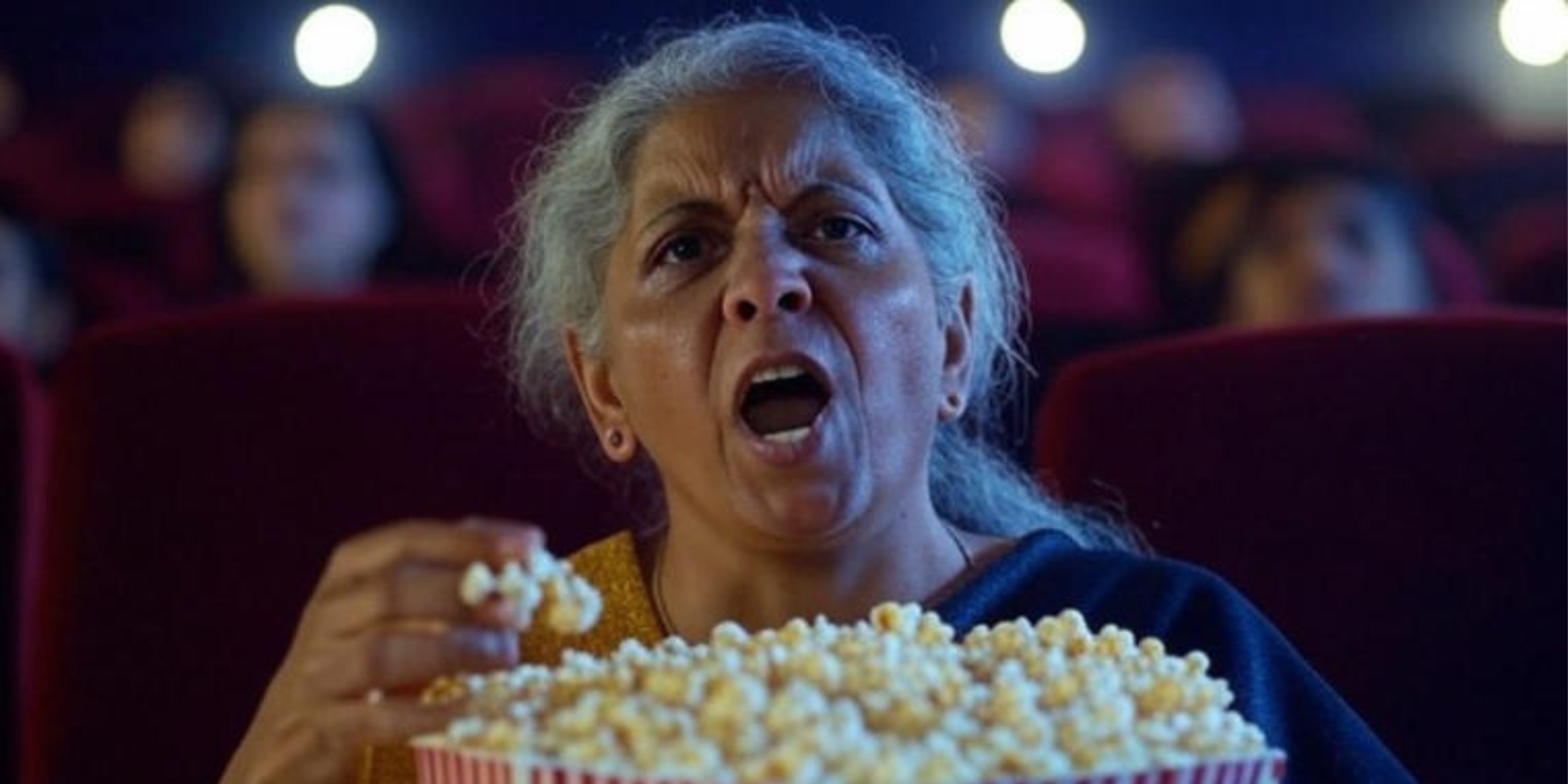
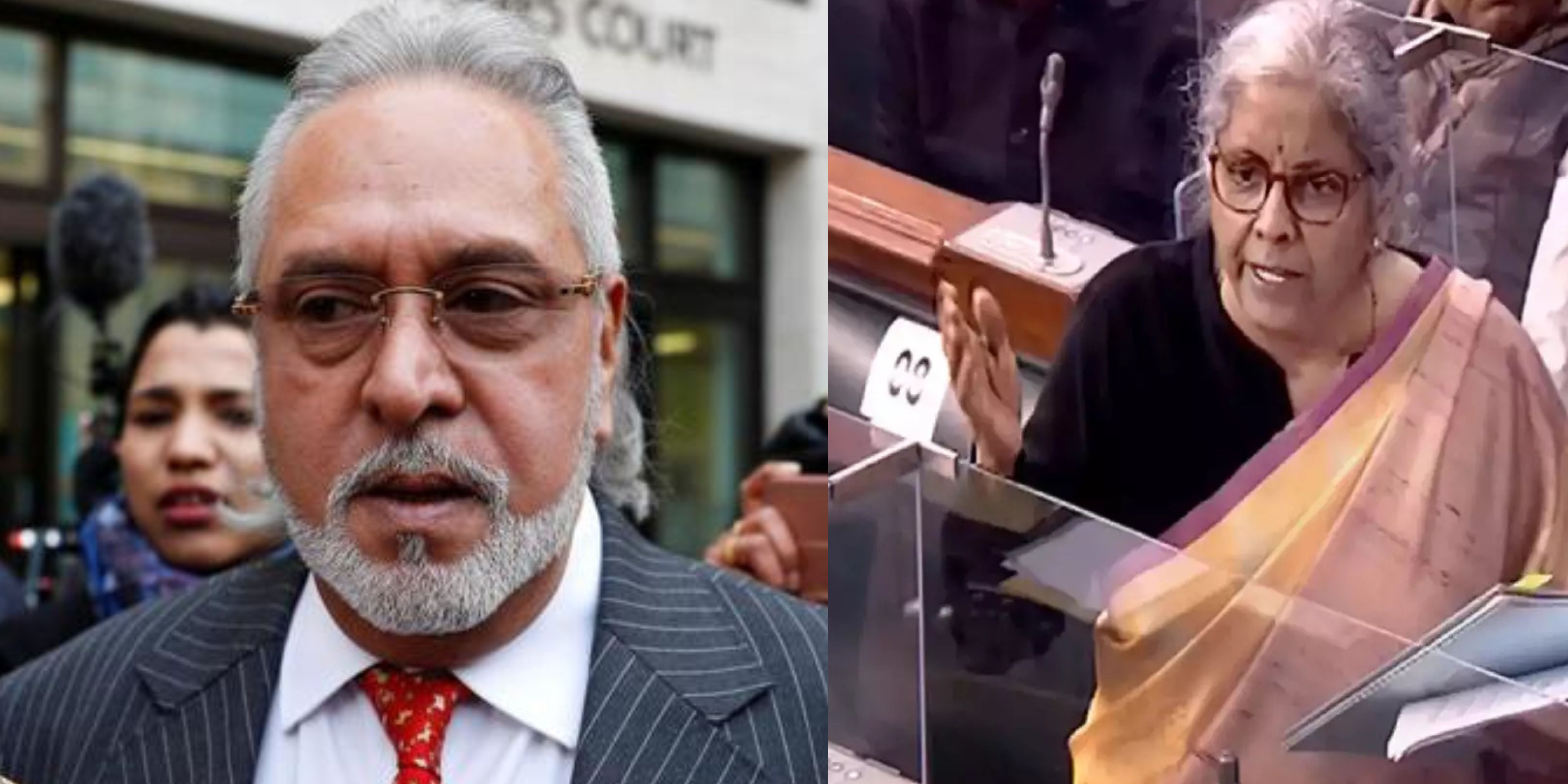

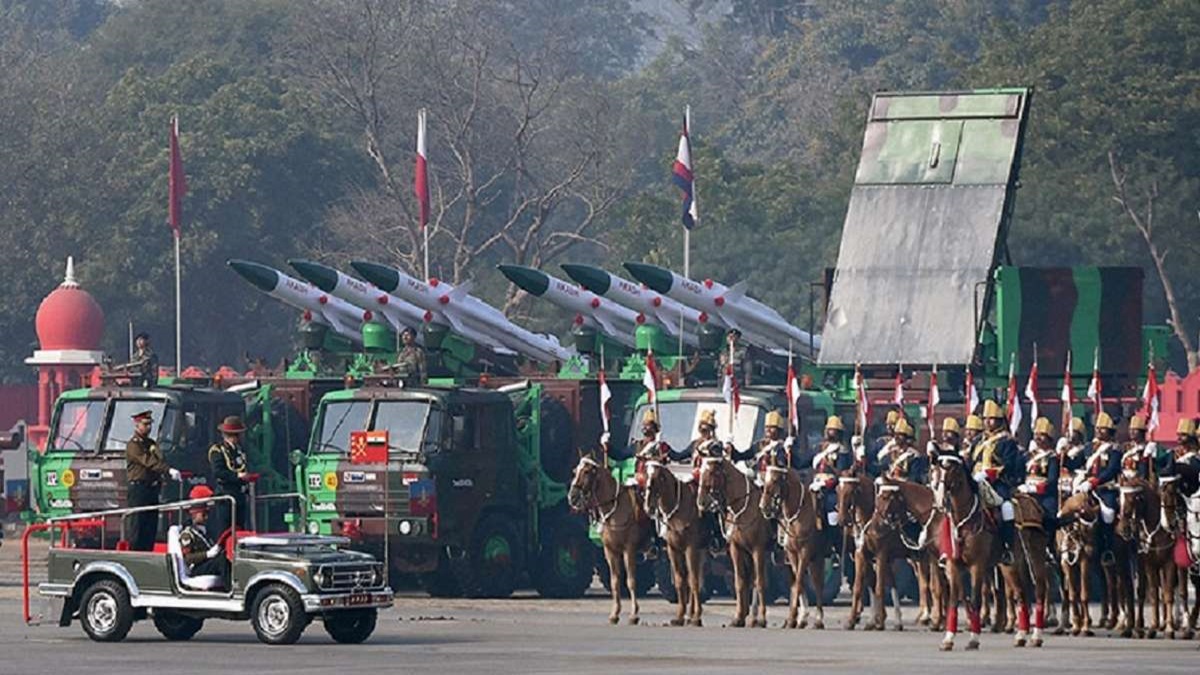

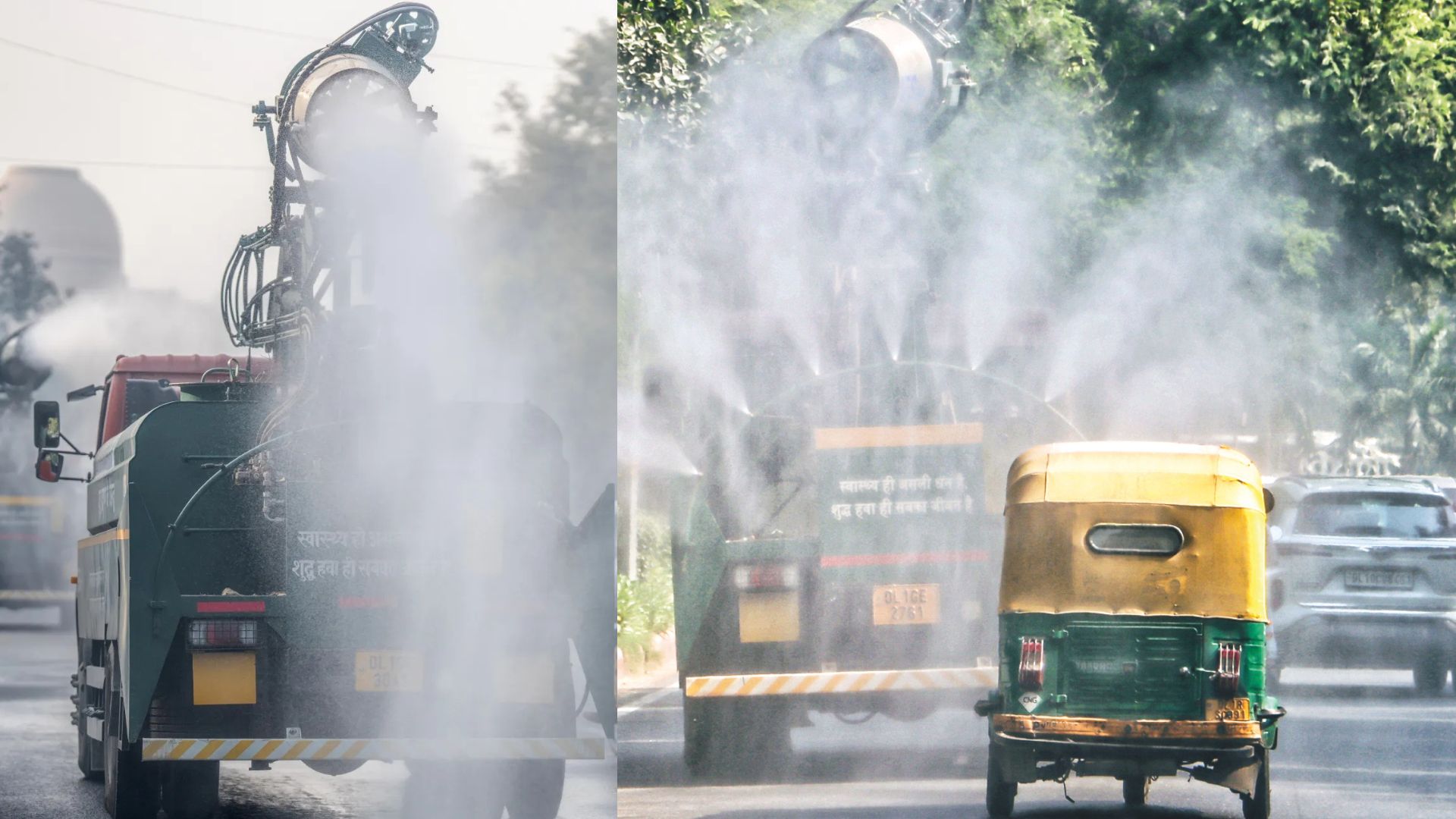
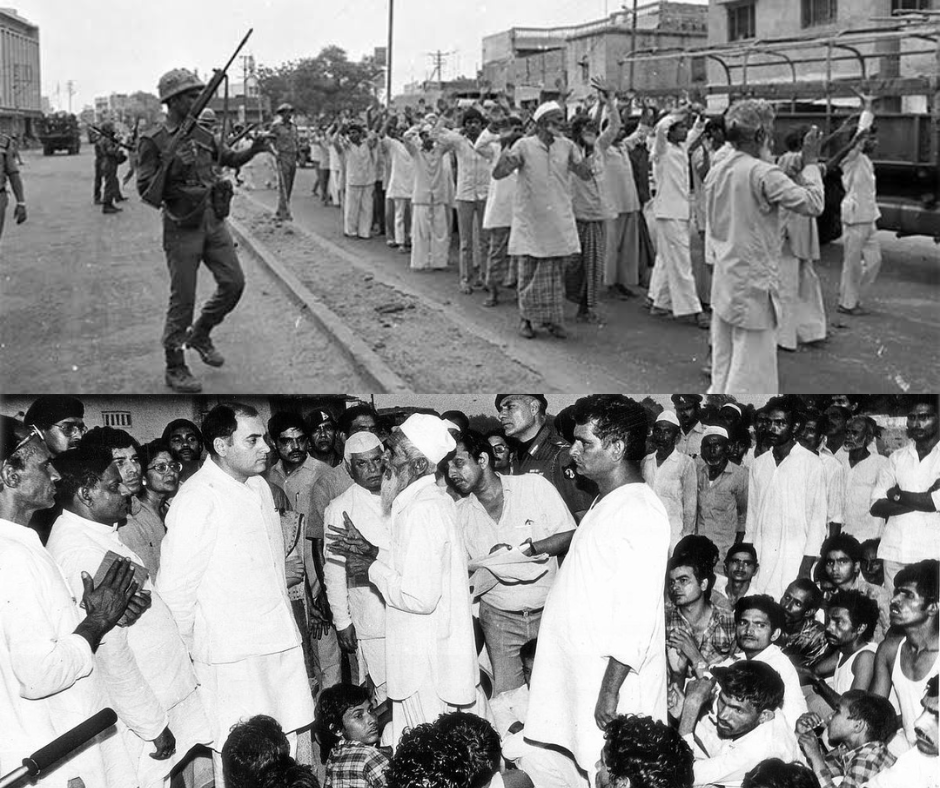


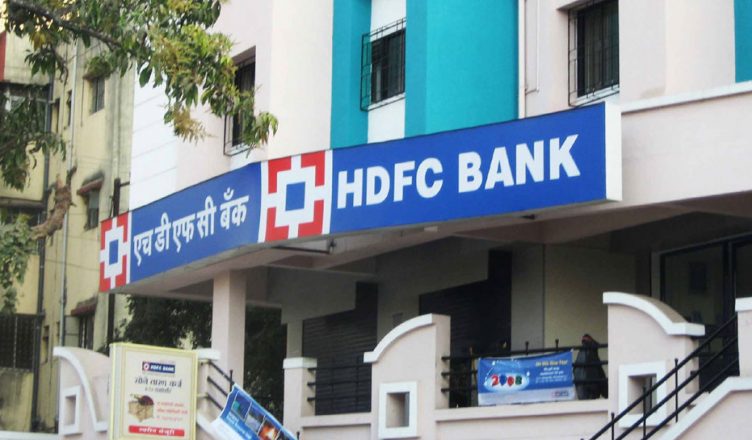

.jfif)
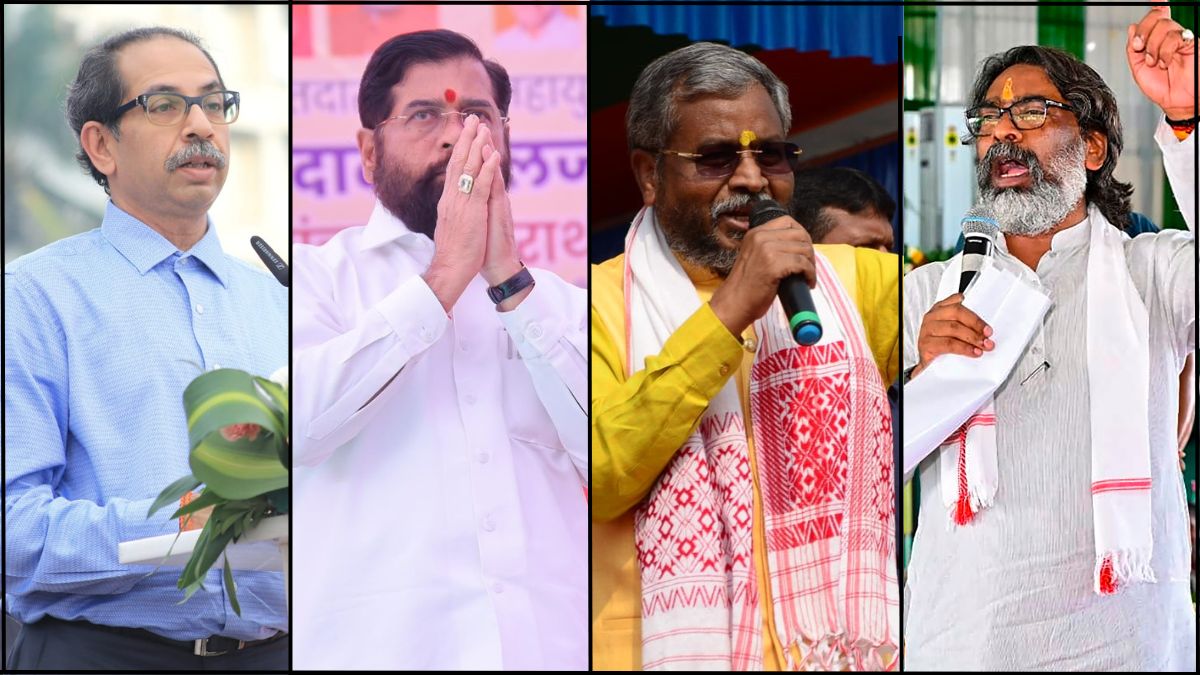
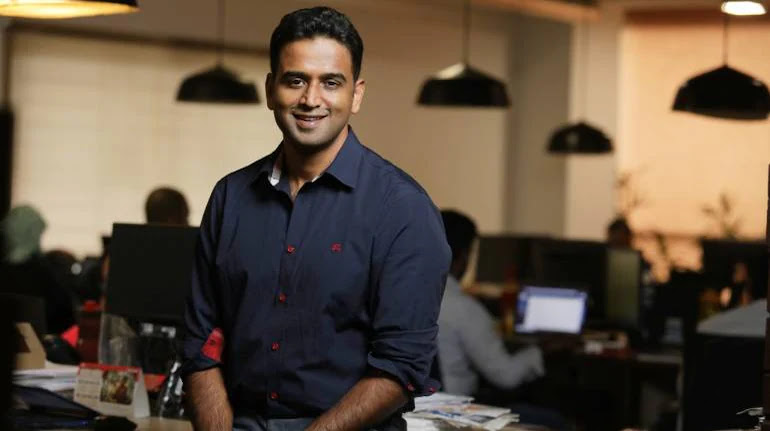

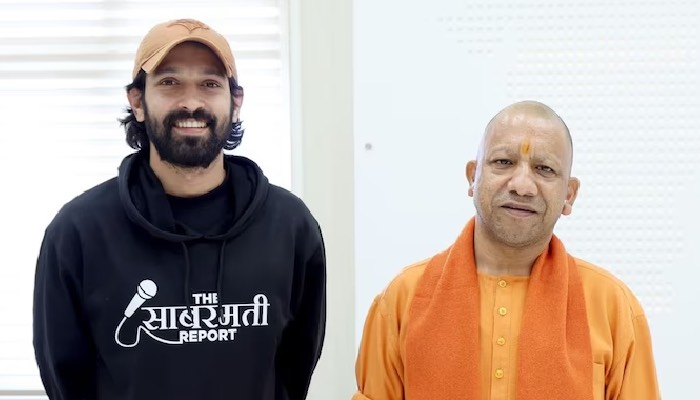
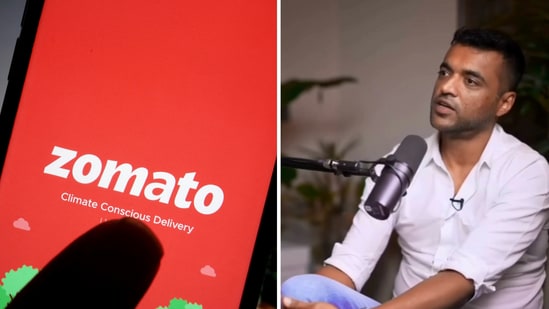
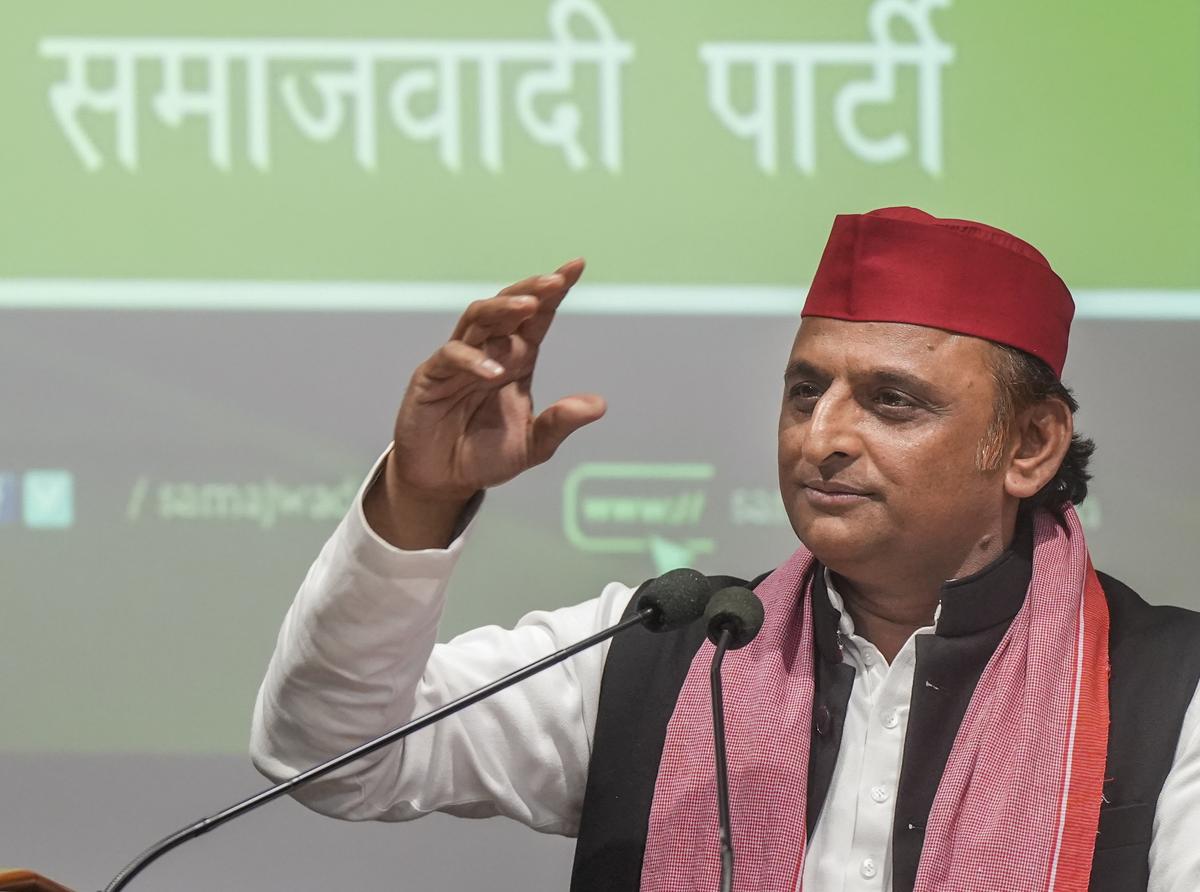

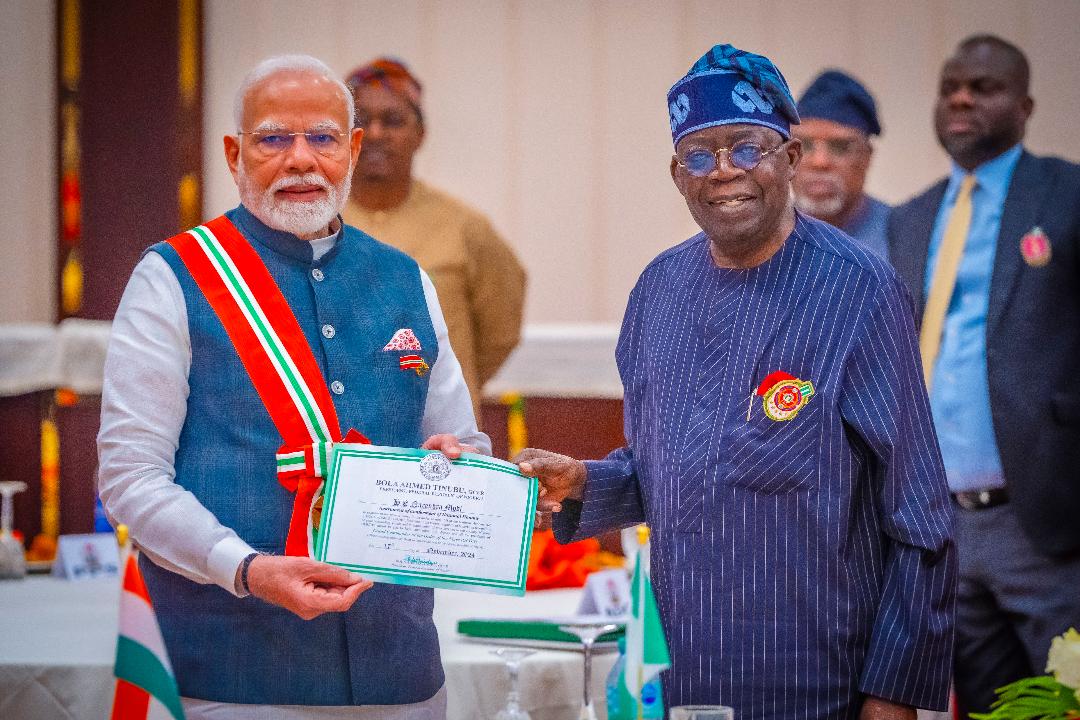

.jpg)



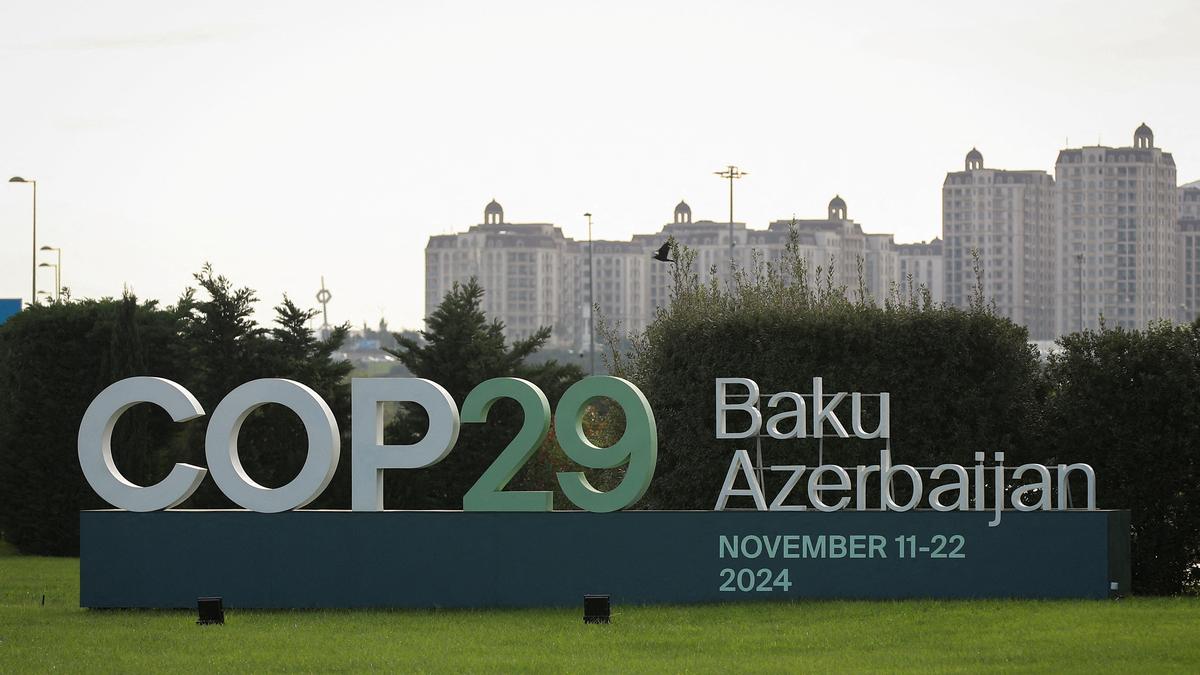

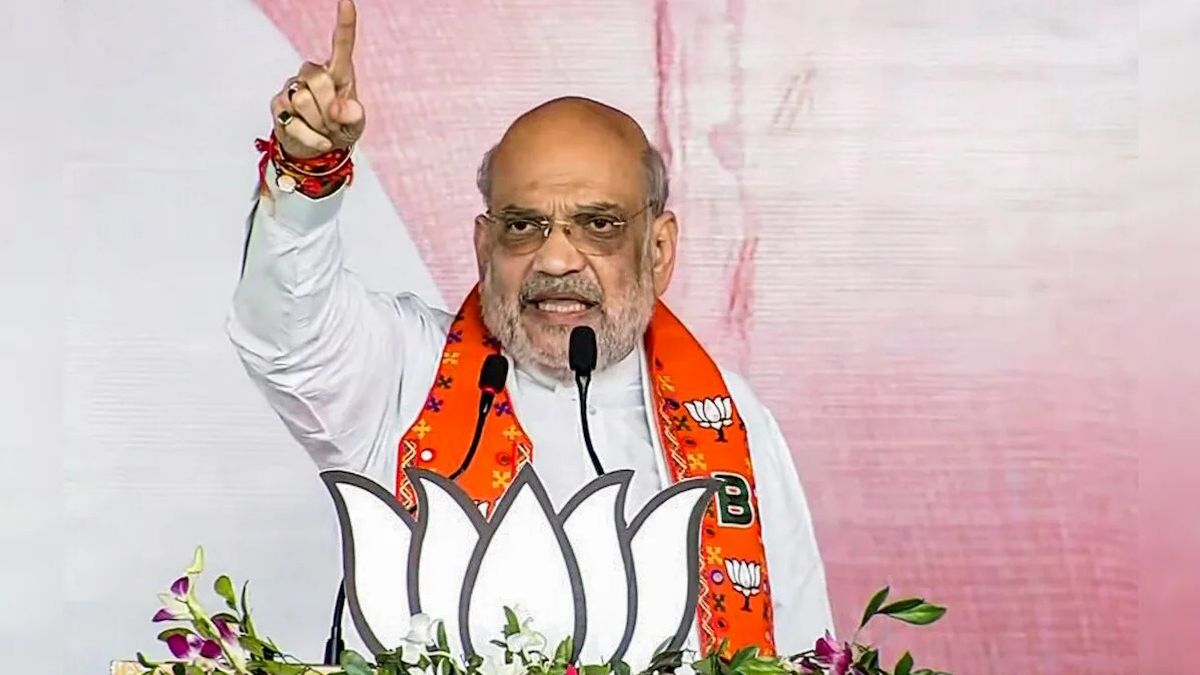
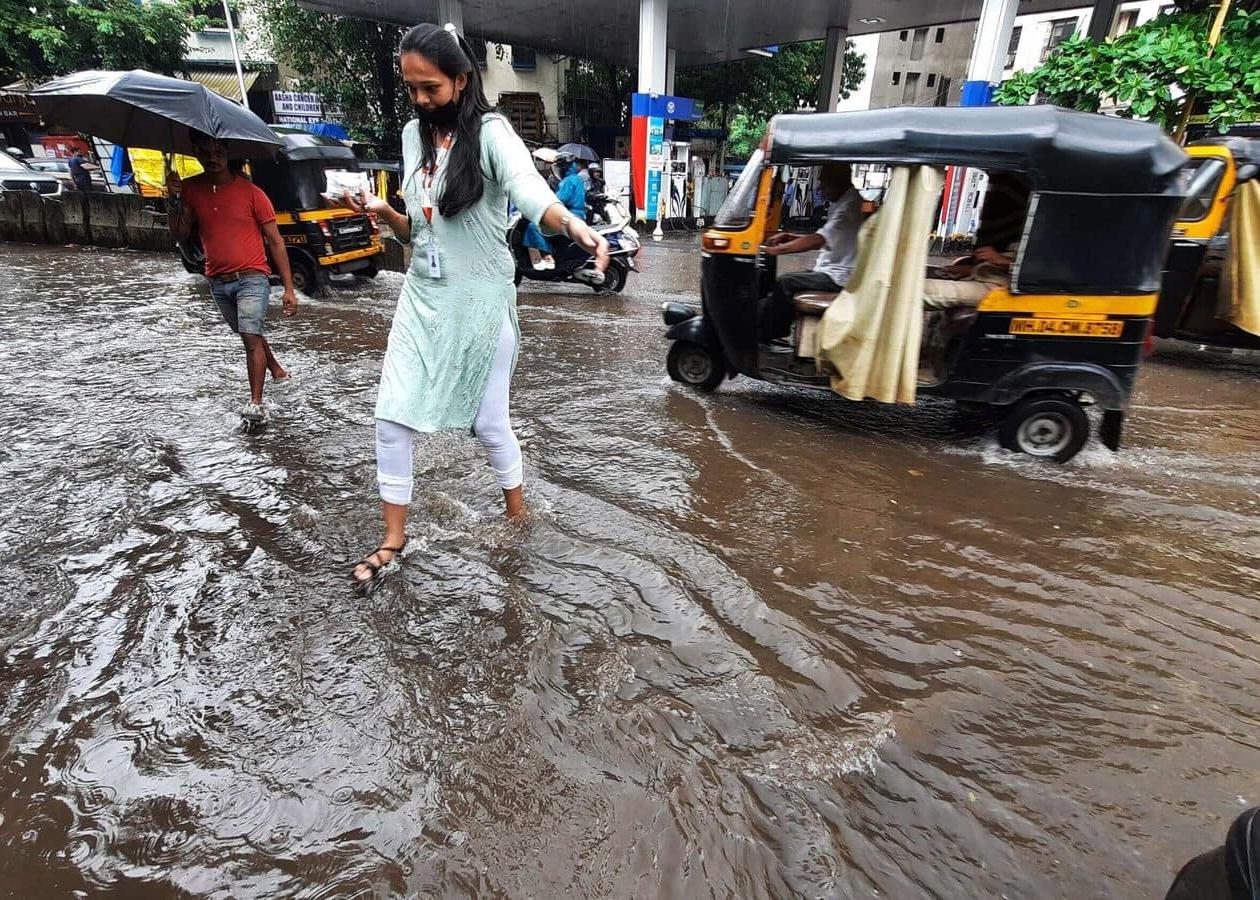
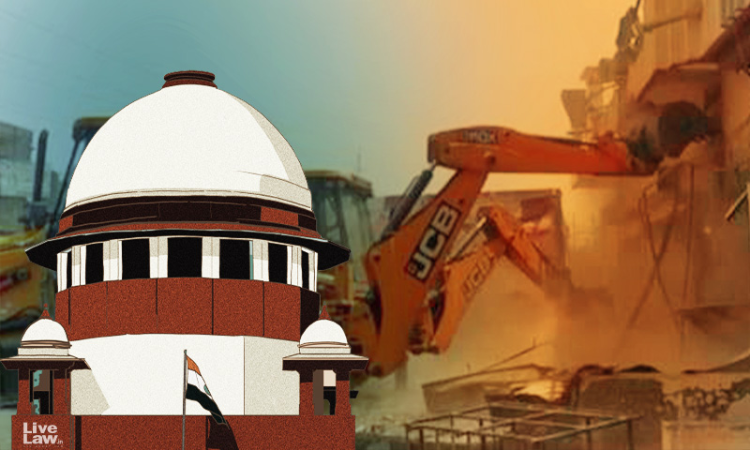
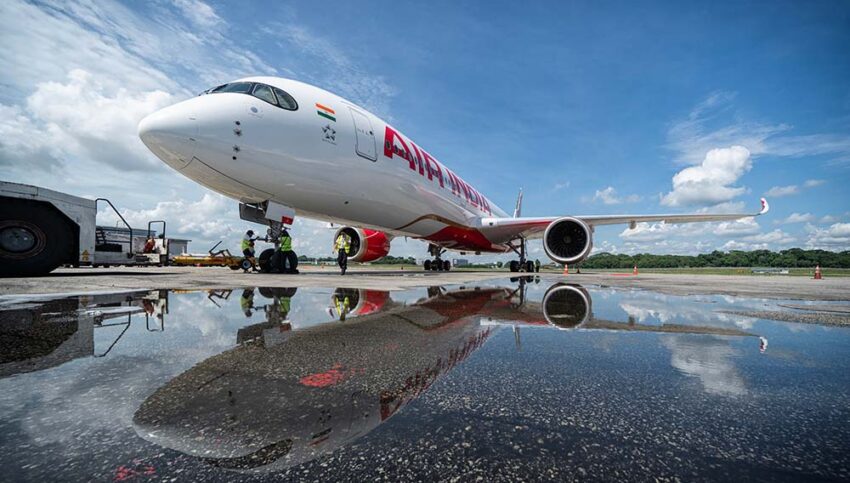


























































































.png)
 (1).png)























